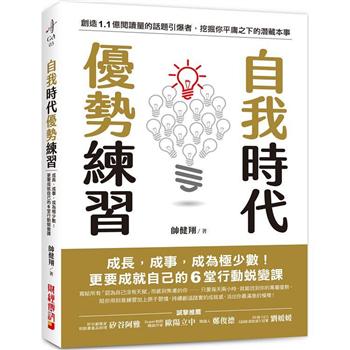Following Spain’s democratic transition during the late 1970s, political and business elites strategically exploited Spain’s rich Islamic heritage in order to further projects of national redefinition, tourist promotion, and urban revitalisation. Large and ornate mosques were built in several Spanish regions, and the State granted Muslim communities an extensive array of rights and privileges that was arguably without parallel in Europe. Toward the onset of the 21st century, however, tensions surrounding Islam’s growing presence in Spain became increasingly common, especially in the northeastern region of Catalonia. These tensions centered largely around the presence, or proposed establishment, of mosques in Barcelona and its greater metropolitan area. This book examines how Islam went from being an aspect of Spain’s national heritage to be recovered and commemorated to a pressing social problem to be managed and controlled. It traces the events and developments that gave rise to this transformation, the diverse actors involved in the process, and the manner in which disputes over Muslim incorporation have become entangled with deeply-divisive debates over church-state relations and territorial autonomy. The core of the book centres on the shifting political and social dynamics surrounding the establishment of mosques, and the question of why anti-mosque mobilisations have been more prevalent and intense in Catalonia than other Spanish regions.
| FindBook |
有 1 項符合
Rebuilding Islam in Contemporary Spain: The Politics of Mosque Establishment, 1976-2013的圖書 |
 |
Rebuilding Islam in Contemporary Spain: The Politics of Mosque Establishment, 1976-2013 作者:Astor 出版社:Sussex Academic Press 出版日期:2018-10-10 語言:英文 規格:平裝 / 222頁 / 普通級/ 初版 |
| 圖書館借閱 |
| 國家圖書館 | 全國圖書書目資訊網 | 國立公共資訊圖書館 | 電子書服務平台 | MetaCat 跨館整合查詢 |
| 臺北市立圖書館 | 新北市立圖書館 | 基隆市公共圖書館 | 桃園市立圖書館 | 新竹縣公共圖書館 |
| 苗栗縣立圖書館 | 臺中市立圖書館 | 彰化縣公共圖書館 | 南投縣文化局 | 雲林縣公共圖書館 |
| 嘉義縣圖書館 | 臺南市立圖書館 | 高雄市立圖書館 | 屏東縣公共圖書館 | 宜蘭縣公共圖書館 |
| 花蓮縣文化局 | 臺東縣文化處 |
|
|
圖書介紹 - 資料來源:博客來 評分:
圖書名稱:Rebuilding Islam in Contemporary Spain: The Politics of Mosque Establishment, 1976-2013
內容簡介
作者簡介
Avi Astor is a Ramón y Cajal Fellow with the Research Group on the Sociology of Religion (ISOR) in the Department of Sociology at the Universitat Autònoma de Barcelona. He researches a variety of topics related to religion, culture, and identity in contemporary Spain. His work has appeared in several prominent journals, including Theory and Society, The International Migration Review, The Journal of Ethnic and Migration Studies, and The Journal for the Scientific Study of Religion.
|










